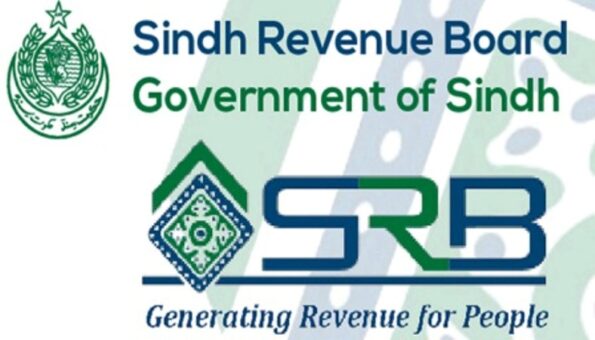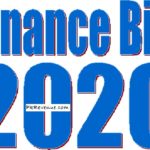KARACHI: Federation of Pakistan Chambers of Commerce and Industry (FPCCI) has expressed concerns over huge amount of exemptions, concessions granted under Free Trade Agreements (FTAs) and Preferential Trade Agreements (PTA).
The apex trade body urged the government to redesign the FTAs and PTAs with a view to promote the domestic industry of Pakistan, as the government has suffered revenue loss of over Rs45 billion during FY 2019-20 due to these agreements signed with different countries.
Moreover, the general exemption on imports from China under this agreement has caused revenue loss of Rs 26.86 billion during this period.
FPCCI President Mian Anjum Nisar suggested that Pakistan should have entered into Free Trade Agreements and Preferential Trade Agreements with only those countries where it has a clear and mutual competitive advantage.
He recommended the government to include maximum finished goods which can be exported to China on tariff line offered by China to ASEAN countries.
He demanded that the concerned stakeholders should also be taken on board while framing and finalizing the recommendations in this regard.
Referring to the data of the Federal Board of Revenue, he stated that the government has suffered revenue loss of Rs 45.020 billion during current fiscal year due to the FTAs and PTAs signed with different countries.
According to the reports, figures reveal that the general exemption on import from SAARC countries caused revenue loss of Rs 231 million during this period.
The general exemption on import from SAARC countries under SAFTA Agreement has revenue impact of Rs1.602 billion.
Similarly, the general exemption on import from SAARC countries under SAFTA Agreement caused revenue loss of Rs 15 million.
The general exemption on import from China under the FTA has revenue impact of Rs6.911 billion during 2019-20.
The general exemption on import from Malaysia under PTA caused revenue loss of Rs 2.517 billion during this period. Under the exemption on import from Indonesia under Pak-Indonesia PTA caused revenue loss of Rs3.65 billion.
Mian Anjum Nisar suggested the government to devise a strategy in the light of impact on domestic industry, convincing other countries to liberalize their import policy by reducing tariff lines and easing sensitive list for Pakistan merchandise.
He said that during the first phase of FTA with China, Pakistan’s trade deficit had improved from 2.9 billion dollar to over 12 billion dollars over the last decade.
He suggested that Pakistan should have entered into Free Trade Agreements and Preferential Trade Agreements with only those countries where it has a clear and mutual competitive advantage.
FPCCI President said that local cost of production is already high on account of high tariff of electricity and gas, coupled with import duties on inputs, making the local production uncompetitive.
He said that Free Trade Agreements signed with different countries without taking the real stakeholders onboard, are damaging the local industry, as imports of several products under FTA with these countries are subject to zero percent import duty.
Related Stories
FBR grants Rs45 billion customs duty exemption under free trade agreements





